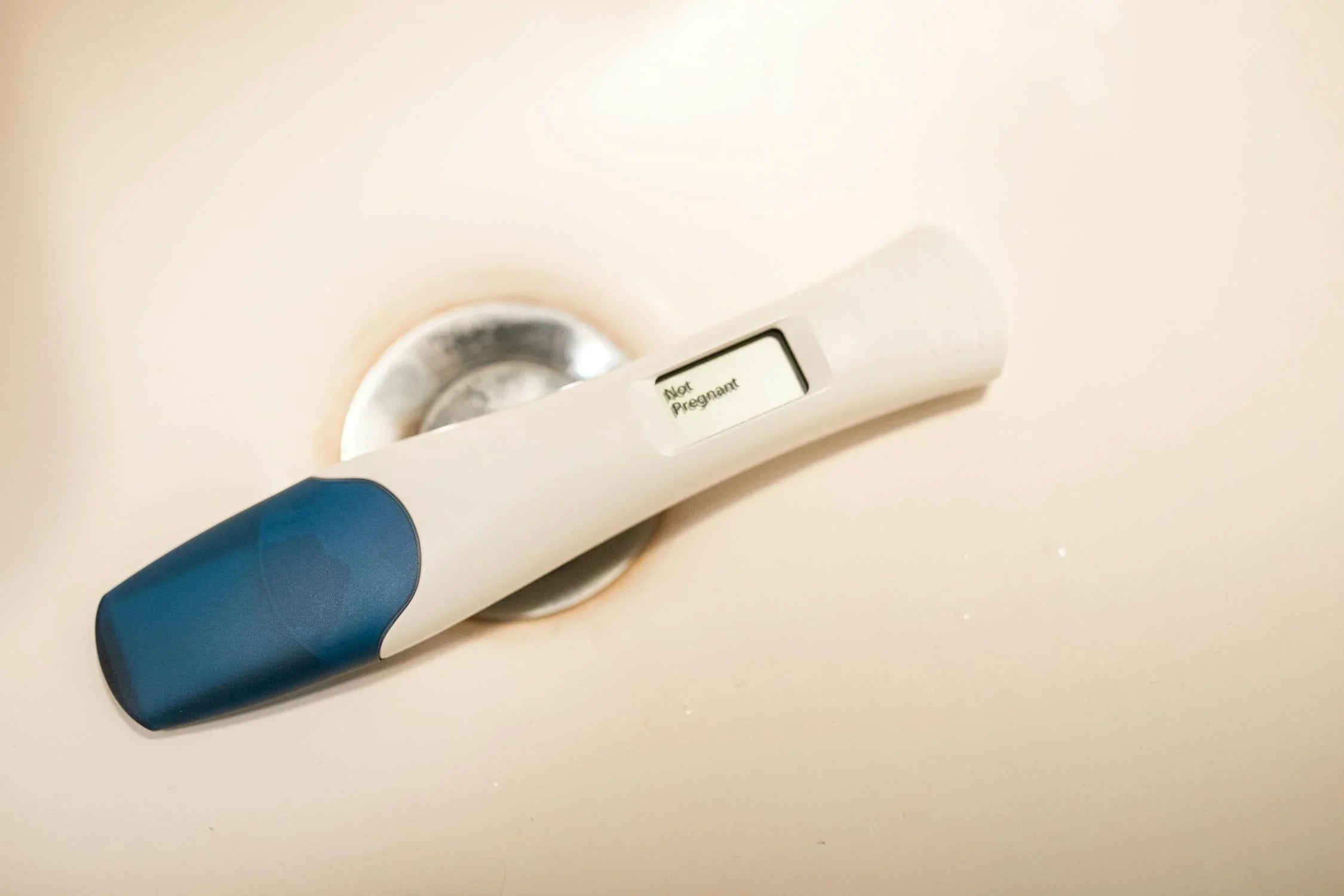Home
Pregnancy, Breastfeeding, and Pumping: The Ultimate Guide for Moms
How Long After Miscarriage Positive Pregnancy Test: What You Need to Know

How Long After Miscarriage Positive Pregnancy Test: What You Need to Know
Experiencing a miscarriage can be an emotionally challenging time, and many women wonder how long it will take before they can see a positive pregnancy test again. Understanding the process and knowing what to expect can help ease some of the anxiety during this period. This article delves into the factors that influence the timing of a positive pregnancy test after a miscarriage, offering insights and guidance for those hoping to conceive again.
Understanding Miscarriage and Its Impact on the Body
A miscarriage is the loss of a pregnancy before the 20th week, and it can have both physical and emotional effects on a woman. Physically, the body needs time to recover and return to its normal hormonal balance. Emotionally, it can take time to heal and feel ready to try for another pregnancy. The timing of a positive pregnancy test after a miscarriage can vary depending on several factors, including the type of miscarriage, the individual's health, and how quickly the body recovers.
Types of Miscarriage and Their Influence
There are different types of miscarriage, and each can affect the timing of a positive pregnancy test differently. A complete miscarriage, where all pregnancy tissue is expelled naturally, may allow the body to return to its normal cycle more quickly. In contrast, an incomplete miscarriage or a missed miscarriage, where some tissue remains, may require medical intervention such as a dilation and curettage (D&C) procedure. This can delay the return to normal hormonal levels and, consequently, the ability to achieve a positive pregnancy test.
Hormonal Changes After Miscarriage
After a miscarriage, the body undergoes significant hormonal changes. The levels of human chorionic gonadotropin (hCG), the hormone detected by pregnancy tests, begin to decrease. It can take several weeks for hCG levels to return to zero, depending on how far along the pregnancy was. Once hCG levels are back to baseline, the menstrual cycle can resume, and ovulation can occur, making it possible to conceive again and see a positive pregnancy test.
Ovulation and Fertility After Miscarriage
Ovulation can occur as soon as two weeks after a miscarriage, but this timeline can vary. Some women may experience a delay in ovulation due to the body's need to recover. Tracking ovulation through methods such as basal body temperature charting or ovulation predictor kits can help determine when fertility has returned. It's important to note that even if ovulation occurs, it may take a few cycles for the body to fully regulate, affecting the timing of a positive pregnancy test.
Emotional Readiness and Support
Emotional readiness is a crucial factor when considering trying to conceive after a miscarriage. The grief and emotional toll of a miscarriage can vary greatly among individuals. Seeking support from loved ones, counseling, or support groups can be beneficial. It's essential to give yourself time to heal emotionally before attempting to conceive again, as stress and anxiety can impact fertility and the ability to achieve a positive pregnancy test.
Medical Advice and Follow-Up
Consulting with a healthcare provider after a miscarriage is vital. They can provide guidance on when it's safe to try to conceive again and monitor your recovery. In some cases, additional tests or treatments may be recommended to address any underlying issues that could affect future pregnancies. Following medical advice can help ensure a healthy pregnancy and increase the chances of a positive pregnancy test when the time is right.
Factors Affecting the Timing of a Positive Pregnancy Test
Several factors can influence how long it takes to see a positive pregnancy test after a miscarriage. These include the individual's age, overall health, and any pre-existing medical conditions. Lifestyle factors such as diet, exercise, and stress levels can also play a role. Understanding these factors and making necessary adjustments can help optimize fertility and improve the likelihood of a positive pregnancy test.
Patience and Self-Care
Patience is key when trying to conceive after a miscarriage. It's important to remember that every woman's body is different, and the timeline for achieving a positive pregnancy test can vary. Practicing self-care, maintaining a healthy lifestyle, and staying informed can help navigate this journey. Surrounding yourself with a supportive network and seeking professional guidance when needed can make the process more manageable.
Navigating the path to a positive pregnancy test after a miscarriage can be filled with uncertainty, but understanding the factors involved can provide clarity and hope. By giving your body time to heal, seeking support, and following medical advice, you can increase your chances of conceiving again. Remember, every journey is unique, and with patience and care, you can move forward with confidence and optimism.
Share

